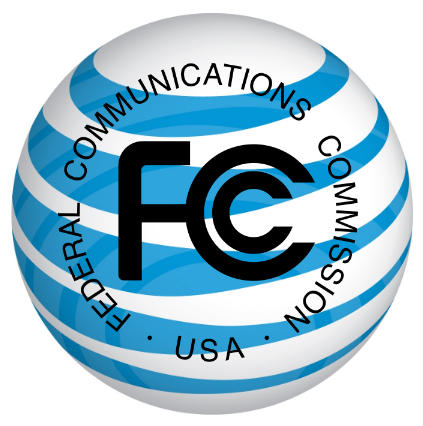(Updated With FCC Response) AT&T Issues Strong Rebuttal Statement To FCC Report, Says “Oh No You Didn’t”
Update: The FCC has responded to AT&T’s statement:
“The AT&T/T-Mobile merger would result in the single greatest increase in wireless industry consolidation ever proposed. The FCC’s expert staff dispassionately analyzed all of the facts, including the arguments AT&T rehashes today.” An agency spokesman said the analysis mirrored findings by the Justice Department and several state attorneys general that “the transaction would decrease competition, innovation and investment, and harm consumers. In addition, AT&T’s own filings, many of which they have kept confidential, show that the deal would lead to massive job losses.”
AT&T has issued a lengthy formal response to the FCC’s release of their findings issued through a staff report earlier this week. AT&T’s response makes it undoubtedly clear they aren’t happy with the FCC or with the report being released. This response could easily be seen to border on outright anger and even goes so far as to ask whether its authors were “predisposed” in their attempts to uncover the truth. AT&T further accuses the FCC of “cherry-picking facts to support its views, and ignores facts that don’t. Where facts were lacking, the report speculates, with no basis, and then treats its own speculations as if they were fact.”
AT&T does attempt to re-argue a good number of its original points here including LTE expansion to 97% of Americans, job creation against job losses and the nature of competition. With AT&T still requiring FCC approval at some point down the road should the lawsuit against the Department of Justice swing their way, we certainly have to wonder why AT&T is declaring thermo-nuclear war on the FCC. Suggesting that FCC officials could be “predisposed” against the merger is a serious accusation and one that won’t easily be forgotten inside commission hallways.
Let’s take a look at some highlights or you can read the report here.
- The report states, based purely on speculation, that AT&T will expand its LTE deployment from 80% of the population to 97.4% even without the merger. The report says this will occur because AT&T will be forced to do so by competition, despite documents and sworn declarations by AT&T to the contrary. To argue this, the report apparently assumes a high enough level of competition exists in rural areas to compel billions of dollars in investment. Yet the report elsewhere argues that the level of wireless competition in more populated areas of America is so fragile that the merger must be disallowed. At the very least, these conclusions show a logical inconsistency.
- After discounting the job-creating impact of AT&T’s LTE and other investments, the report asserts that the merger will cost jobs despite public commitments AT&T has made to address this very concern, including the following:
- Commitment that the merger will not result in any job losses for U.S.-based wireless call center employees of T-Mobile or AT&T who are on the payroll when the merger closes;
- Commitment to bring 5,000 wireless call center jobs back to the U.S. that today are outsourced to other countries;
- Commitment that T-Mobile’s non-management employees whose job functions are no longer required because of the merger will be offered another position in the combined company.
- The report simultaneously discounts the capital investment necessary for AT&T to keep its commitment to build LTE to more than 97% of the U.S. population while speculating that T-Mobile will invest heavily in future years despite direct evidence, and sworn declarations by Deutsche Telekom, indicating that T-Mobile must develop into a self-funding platform due to extensive capital demands in Europe. T-Mobile has no clear path to LTE.
- The report hinges its analysis on its characterization of T-Mobile as a critical “disruptive force” in the industry. But it fails even to mention that for the past two years T-Mobile has been losing customers despite growing demand across the industry; it has no clear path to building an LTE network; and that its parent company, Deutsche Telekom, has said T-Mobile will have to become self-funding. This failing is magnified when one considers that the report treats companies such as Leap and Metro PCS, which have gained market share over this same time period, as though they do not even exist.
Here’s the kicker:
- We have summarized here only a portion of the infirmities we see in the FCC’s report. We would encourage all observers to read the report itself. We believe that the utter absence of balance is clear, and demonstrates that the document lacks all credibility. The decision to issue such a report that has no legal status, without a vote of the Commission, and in a proceeding that has been withdrawn, was also without precedent, and underscores that this was intended more for advocacy and to impact public perceptions. And neither is a proper basis for action by a regulatory agency.

